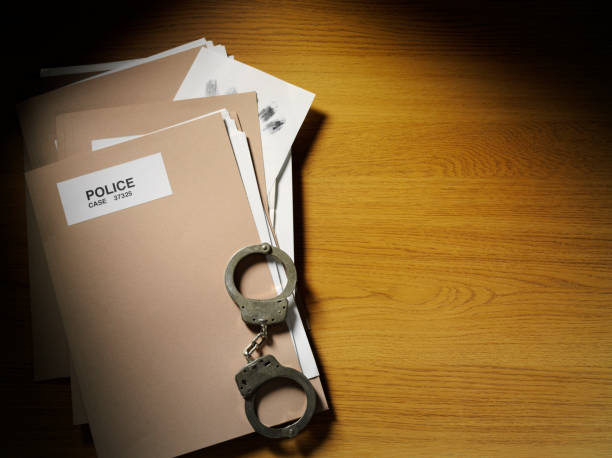Blog Post
Manipulating reports in DUI cases
A story recently broke regarding a local police officer and a video of him explaining how to manipulate reports to the detriment of the accused and their attorneys. Learn more here. Note: this article is not legal advice, but general information.
So what actually happened?
In the midst of a civil rights violation investigation against the police agency, bodycam footage emerged that captured the officer instructing other officers, to include a sergeant, on how to fill out reports. Specifically, he said that anyone in the car should be labeled “victim” in the report.
Why would he do that?
Just like the United States of America, the State of Arizona has its own constitution. Within Arizona’s constitution is Article 2.1—the Victims’ bill of rights. This article governs what rights victims have during the pendency of a criminal case. Subpart A(5) of the Victims’ bill of rights says, “[…] a victim of crime has a right[…] [t]o refuse an interview, deposition, or other discovery request by the defendant, the defendant’s attorney, or other person acting on behalf of the defendant.” According to the officer in the bodycam footage, by listing other passengers in the car as “victims” the would be able to exercise their rights under the Victims’ bill of rights and refuse to participate in a defendant’s attorneys requests.
Who is a victim in a criminal case?
The Victims’ bill of rights, subpart C essentially mirrors ARS 13-4401(19). The Reader’s Digest version is essentially “anyone who has had a crime committed against them OR the family member of someone who is killed or incapacitated as a result of the crime.
As a prosecutor, I would often add people to the list or remove people from the list. I acknowledge that my experience is limited to my particular agency and how the courts I worked in handled victim issues. In fact, it is my understanding that some agencies with consider “society as a whole” as the victim of certain offenses. For example, while prosecuting disorderly conduct charges, we would be sure to have a specific human who could testify that his or her peace was disturbed as a result of the noise, foul language, display of a firearm, etc (Google ARS 13-2904 for the whole list).
The court would expect a human to testify to the same at a bench trial. My friends who worked in other cities would tell me that the court would understand the concept of society being a victim and would not need human testimony to prove that someone’s peace was disturbed. This is just a small example of how the concept of “victim” differs between jurisdictions. The most important thing to note here is that there is no law that says, “A victim is whoever a police officer lists as a victim.”
Why does it matter?
Well…maybe it doesn’t matter. Perhaps the prosecutor will see these types of DUI victim cases and remove the “victim case” sticker from the file. A larger issue is that the system is already so stacked against DUI defendants in particular. This does not mean that the system (operating as it is supposed to) is unfair against defendants. There are lots of injustices but as a whole the courts will dismiss a case or suppress evidence if there is a violation (see my other post “DUI Cases: From the Lens of a Former Prosecutor” for more info on some of these violations that can help your case).
When I say the system is so stacked against DUI defendants, I mean the officer training, protocols, and experience is typically so robust that many DUI stops will result in a DUI conviction. The officer who is the subject of the story is surely no exception. As the one of the agency’s most senior DUI officers, I am sure he could go on for 20 minutes about his vast experience and training he has received over the years. I always loved putting officers with this kind of experience on the witness stand during trial. In light of that kind of experience, there is no need to manipulate reports and try to get an upper hand.
Fortunately for you, Chuck Franklin has been representing DUI defendants for more than 30 years. Out of the many good, hardworking police officers, there are a few that give law enforcement a bad name. Call us at (480) 545-0700 and we can use our experience to get you the best possible outcome, whether that’s identifying shenanigans, objectively evaluating your options, or a combo of the two.

Contact Us
Get in touch today! We are available 24/7 and we're looking forward to hearing from you!
- Telephone
- +1 480-545-0700